We're using QnA Maker attached to an Azure Bot Service. In the Knowledge Base (KB), we've added a Follow up Prompt to every question that says This did NOT answer my question:
Meaning if a bad response was provided, the end-user could indicate so, and the conversation history would look like this:
What we're trying to do is replay that conversation history so we can see:
- The original user prompt
- The original answer
- The subsequent followup question / answer
We have Application Insights turned on, so we can see both questions as they come through from the logs with the following query:
traces
| project timestamp,
itemId,
question = customDimensions.Question,
answer = customDimensions.Answer
| order by timestamp
Which will return these two rows:
However, we're trying to find a unique conversation id or session id that can correlate both of those records. Notice that the itemId is very similar, but not identical:
53be8c14-702c-11ea-8c41-11c1c266dc55
53be8c13-702c-11ea-8c41-11c1c266dc55Is there a unique key that can be used to join these two events?
One workaround is to just use the first 7 digits of the itemID and join based on that partial match like this:
traces
| where customDimensions.Question contains "This did NOT answer my question"
| project itemId,
SessionID = extract("^[a-z0-9]{7}", 0, itemId),
timestamp
| join (
traces
| extend question = tostring(customDimensions['Question'])
| extend answer = tostring(customDimensions['Answer'])
| where message contains "GenerateAnswer"
and question !contains "This did NOT answer my question"
| project itemId,
SessionID = extract("^[a-z0-9]{7}",0,itemId),
question,
answer,
timestamp
) on SessionID
| project question, answer, SessionID, timestamp //, itemId, itemId1
| order by timestamp desc, SessionID
But we're not sure that value will reliably only differ by the 8th digit, so would prefer a less fragile ID



